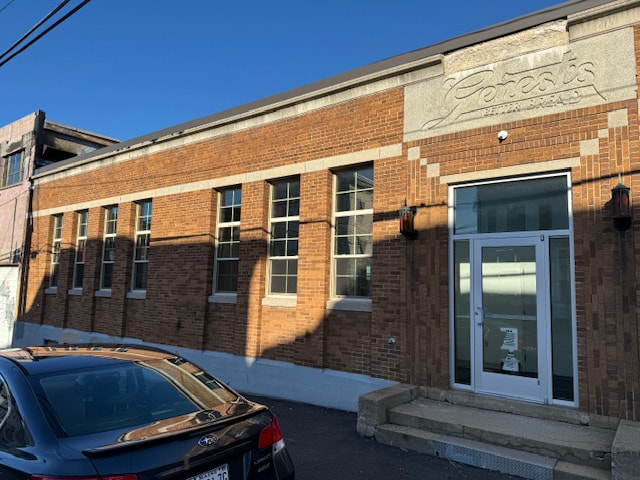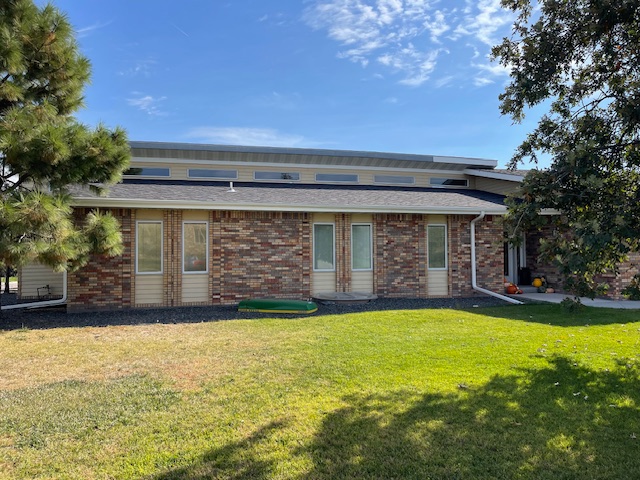Buying a home is often considered one of the most significant financial decisions an individual or family will make. While the purchase price is usually front and center in homebuyers’ minds, many forget to account for the myriad of additional expenses that can arise throughout the home-buying process. Understanding these hidden costs is crucial to ensuring a smooth transaction and long-term financial stability. In this post, we’ll explore the often-overlooked expenses you need to budget for when purchasing a home.
1. Closing Costs
Closing costs can be one of the most substantial hidden expenses when buying a home, often ranging from 2% to 5% of the home’s purchase price. These costs include:
- Loan Origination Fees: Charged by lenders for processing your mortgage application.
- Title Insurance: Protects against losses from disputes over the property’s title.
- Escrow Fees: Paid to the company that manages the transaction.
- Property Taxes: You may need to pay a portion of property taxes upfront at closing.
- Homeowner’s Insurance: Often required before closing, you’ll need to pay the first year’s premium at this time.
2. Home Inspection Fees
Before finalizing your purchase, it’s crucial to conduct a home inspection to identify any potential issues. Depending on the property size and location, inspection fees can range from $300 to $500 or more. While this expense may seem like a burden, it can save you thousands in unexpected repairs down the road. Always budget for a thorough inspection, including specialized inspections (such as pest or mold inspections) if necessary. Before choosing a home inspector, you may also want to read testimonials from clients to ensure you select a reputable professional.
3. Appraisal Fees
Lenders typically require an appraisal to determine the home’s market value. Appraisal fees can vary widely based on location and property size, generally falling between $300 and $700. Even though the lender pays this fee upfront, you’ll need to reimburse them, so it’s essential to include it in your budget.
4. Moving Costs
Once you’ve purchased your new home, the expenses don’t stop. Moving can be a significant expense depending on how far you’re relocating and the volume of your belongings. Whether hiring professional movers, renting a truck, or enlisting friends and family, be sure to estimate these costs ahead of time. On average, moving can cost anywhere from $500 to $2,000 or more, depending on your circumstances.
5. Immediate Repairs and Renovations
Most homes require some degree of repair or renovation once you move in. Whether it’s cosmetic changes like painting and flooring or necessary repairs like plumbing and electrical work, it’s wise to budget for these costs. Creating a budget for immediate repairs and improvements can help you avoid financial strain in the months following your purchase. Depending on the home’s condition, this could easily range from a few hundred to several thousand dollars.
6. Utilities and Services Setup
Setting up utilities and services is often overlooked when budgeting for a new home. This may include:
- Water and Sewer Services: Fees for connecting services or deposits.
- Electricity and Gas: Set-up fees or deposits may be required.
- Internet and Cable Services: Installation fees and equipment rentals can add up.
On average, you might expect to pay around $200 to $500 for these services when moving into a new home.
7. Homeowners Association (HOA) Fees
If you’re buying a home in a community governed by an HOA, be prepared for additional fees. These can range from $100 to over $1,000 per month, depending on the community. HOA fees typically cover maintenance of common areas, amenities, and sometimes utilities. Be sure to investigate what these fees cover and factor them into your monthly budget.
8. Property Maintenance Costs
Owning a home comes with ongoing maintenance expenses that can add up quickly. Regular maintenance tasks like lawn care, snow removal, and general upkeep can cost between 1% to 2% of the home’s value annually. For example, if you purchase a $300,000 home, you might budget $3,000 to $6,000 per year for maintenance. It’s essential to create a reserve fund for unexpected repairs and routine maintenance to avoid financial strain.

9. Property Taxes
Property taxes are another critical expense to consider when buying a home. They vary by location, and it’s crucial to factor these into your budget. In some areas, property taxes can be a substantial part of your monthly housing costs, so researching the local tax rates before purchasing is wise. Your lender may also require you to set up an escrow account to cover property taxes, which can impact your monthly budget.
10. Insurance Costs
In addition to homeowner’s insurance, you may need other types of coverage, such as flood or earthquake insurance, depending on your location. These insurance costs can vary widely, so it’s essential to research and budget accordingly. On average, homeowners can expect to pay between $800 to $1,500 annually for homeowner’s insurance, but this can increase significantly based on the home’s location and condition.
11. Long-Term Financial Considerations
Finally, when purchasing a home, it’s essential to consider your long-term financial health. This includes:
- Emergency Fund: Aim to have a cushion of three to six months’ worth of expenses in case of unforeseen circumstances.
- Retirement Savings: Don’t neglect your retirement savings while focusing on your new home. A solid savings plan is crucial for your financial future.
- Market Fluctuations: Real estate markets can change, so understanding the potential for home value fluctuations is essential for long-term budgeting.
Conclusion
Purchasing a home is an exciting journey, but it’s crucial to go into the process with your eyes wide open. By budgeting for these hidden costs and planning for the unexpected, you can ensure that your dream home doesn’t become a financial burden. Take the time to assess your finances, create a detailed budget, and prepare for all aspects of homeownership. With careful planning and foresight, you can enjoy your new home without the stress of hidden financial pitfalls.

